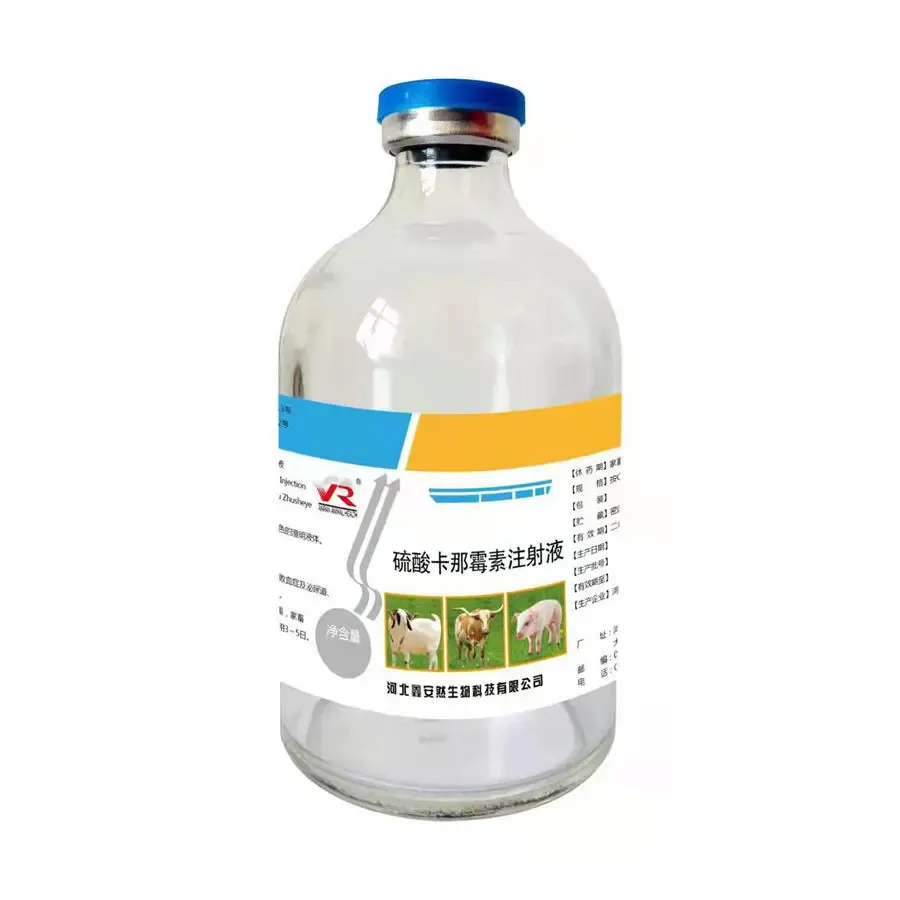- Afrikaans
- Albanian
- Amharic
- Arabic
- Armenian
- Azerbaijani
- Basque
- Belarusian
- Bengali
- Bosnian
- Bulgarian
- Catalan
- Cebuano
- Corsican
- Croatian
- Czech
- Danish
- Dutch
- English
- Esperanto
- Estonian
- Finnish
- French
- Frisian
- Galician
- Georgian
- German
- Greek
- Gujarati
- Haitian Creole
- hausa
- hawaiian
- Hebrew
- Hindi
- Miao
- Hungarian
- Icelandic
- igbo
- Indonesian
- irish
- Italian
- Japanese
- Javanese
- Kannada
- kazakh
- Khmer
- Rwandese
- Korean
- Kurdish
- Kyrgyz
- Lao
- Latin
- Latvian
- Lithuanian
- Luxembourgish
- Macedonian
- Malgashi
- Malay
- Malayalam
- Maltese
- Maori
- Marathi
- Mongolian
- Myanmar
- Nepali
- Norwegian
- Norwegian
- Occitan
- Pashto
- Persian
- Polish
- Portuguese
- Punjabi
- Romanian
- Russian
- Samoan
- Scottish Gaelic
- Serbian
- Sesotho
- Shona
- Sindhi
- Sinhala
- Slovak
- Slovenian
- Somali
- Spanish
- Sundanese
- Swahili
- Swedish
- Tagalog
- Tajik
- Tamil
- Tatar
- Telugu
- Thai
- Turkish
- Turkmen
- Ukrainian
- Urdu
- Uighur
- Uzbek
- Vietnamese
- Welsh
- Bantu
- Yiddish
- Yoruba
- Zulu
Nov . 15, 2024 05:40 Back to list
gentamicin sulphate
Gentamicin Sulphate An Overview
Gentamicin sulphate is an antibiotic that belongs to the aminoglycoside class, which is widely used in medical settings for its effectiveness in treating various bacterial infections. Discovered in the 1960s, gentamicin was derived from the bacterium Micromonospora purpurea and is particularly effective against a range of Gram-negative bacteria, as well as some Gram-positive organisms. Global health policies and treatment protocols have included gentamicin due to its potency and relatively low cost.
Mechanism of Action
Gentamicin exerts its antibacterial effect by binding to the 30S ribosomal subunit of bacteria, disrupting protein synthesis. This action is primarily bactericidal, meaning that it kills bacteria rather than merely inhibiting their growth. By interfering with the decoding of messenger RNA (mRNA) during the translation process, gentamicin causes the production of defective proteins, which ultimately leads to bacterial cell death. This characteristic makes gentamicin particularly valuable in treating serious infections where rapid bacterial eradication is crucial.
Uses in Clinical Practice
Gentamicin is primarily utilized for the treatment of severe infections caused by susceptible organisms, including sepsis, urinary tract infections, and respiratory infections. It is often selected for cases involving multi-drug resistant bacteria, particularly in hospital settings where Gram-negative infections are prevalent. The drug is typically administered intravenously or intramuscularly, ensuring high serum concentration levels necessary to combat serious infections effectively.
In addition to systemic infections, gentamicin can also be used topically for infections of the skin and eyes. Oftentimes, it is formulated in ointments or drops for localized treatment. Its broad-spectrum activity and potency make it a common choice for empirical therapy in critically ill patients while awaiting laboratory results.
Pharmacokinetics and Dosage
gentamicin sulphate

The pharmacokinetics of gentamicin reveal a distribution pattern that is closely aligned with extracellular fluid. It is crucial to monitor serum levels of the drug, as aminoglycosides, including gentamicin, have potential nephrotoxicity and ototoxicity. Therapeutic drug monitoring (TDM) is mainly employed to minimize these risks and to adjust dosages, especially in patients with impaired kidney function, where the clearance of the drug may be significantly affected.
The standard dosing regimen usually involves administration every 8 hours, depending on the severity of the infection and the specific bacterial organism being treated. For pediatric populations, the dosage consideration is more meticulous, taking into account the child’s age, weight, and renal function to avoid potential toxicity.
Side Effects and Toxicity
While gentamicin is a powerful antibiotic, like any medication, it comes with potential side effects. The most serious of these are nephrotoxicity and ototoxicity, which manifest as kidney damage and hearing loss, respectively. The risk of these adverse effects increases with prolonged use, higher dosages, or in patients with pre-existing renal impairment.
Other common side effects include dizziness, vertigo, and allergic reactions such as rash or swelling. Patients receiving gentamicin require close clinical supervision, and healthcare providers often assess renal function through regular urine tests and serum creatinine levels.
Conclusion
Gentamicin sulphate continues to be an essential tool in the fight against bacterial infections, especially within hospitalized populations. Its rapid action and broad spectrum of activity are balanced by the necessity for careful monitoring and management of potential side effects. Understanding its usage, mechanism, and the importance of TDM can significantly enhance patient outcomes and safety. As antibiotic resistance becomes an increasingly pressing global issue, gentamicin remains an important agent, reinforcing the need for judicious use and ongoing research into optimizing its applications in clinical practice.
-
Guide to Oxytetracycline Injection
NewsMar.27,2025
-
Guide to Colistin Sulphate
NewsMar.27,2025
-
Gentamicin Sulfate: Uses, Price, And Key Information
NewsMar.27,2025
-
Enrofloxacin Injection: Uses, Price, And Supplier Information
NewsMar.27,2025
-
Dexamethasone Sodium Phosphate Injection: Uses, Price, And Key Information
NewsMar.27,2025
-
Albendazole Tablet: Uses, Dosage, Cost, And Key Information
NewsMar.27,2025













